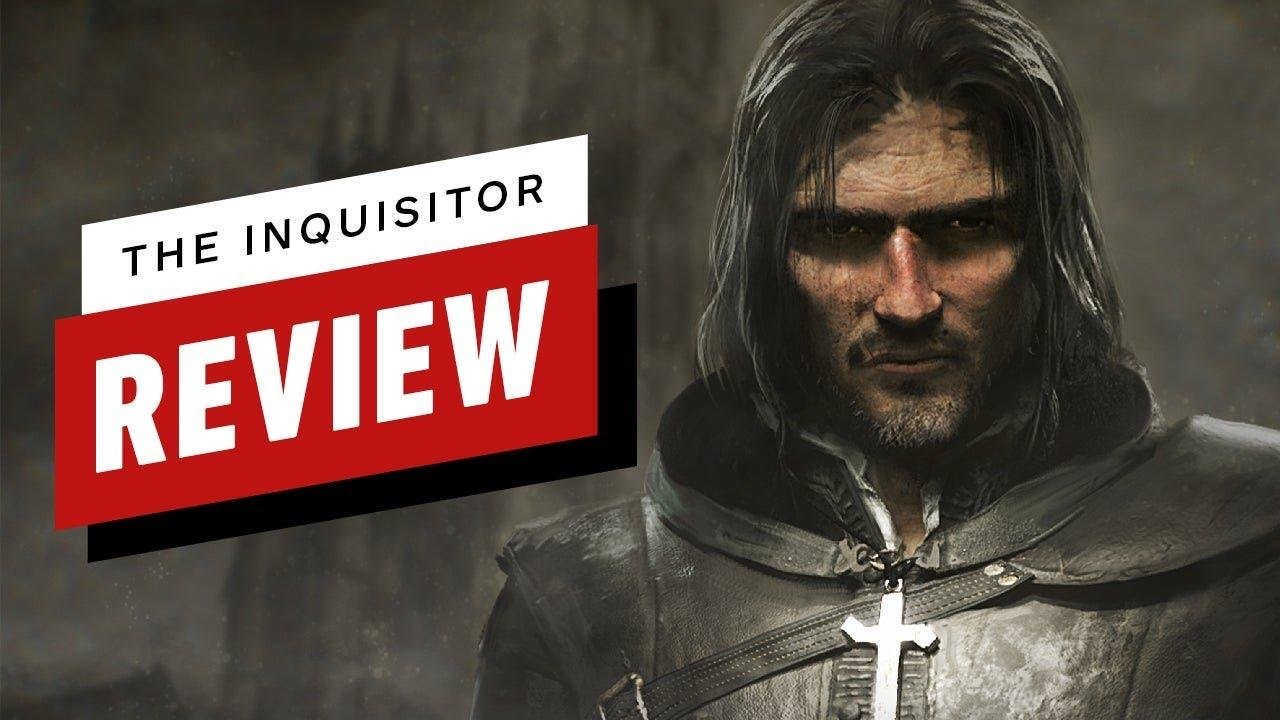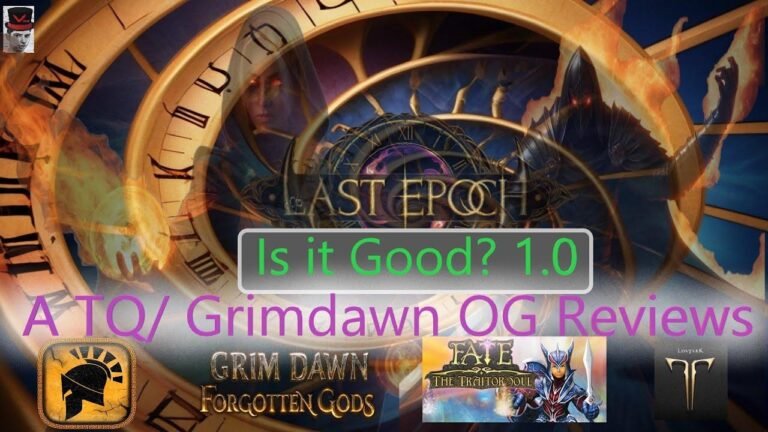The Inquisitor Review:
🕵️♂️ Playing as a medieval church cop hunting a vampire sounds cool, right? But The Inquisitor doesn't quite live up to its potential. Even though it's based on dark fantasy novels with an alternate religious history, the consequences of your actions don't shake out as expected. The story is compelling, but the gameplay lacks challenge and agency. Ultimately, it's a detective game that does most of the detective work for you.
The Inquisitor Review 🕵️♂️
Table of Contents
Overview
The Inquisitor is a video game based on the dark fantasy novels of Polish writer Yachak Pakara, where players step into the role of a medieval Church cop hunting a vampire. The story takes place in the alternate religious history where Jesus Christ broke free of his crucifixion and led a vengeful army to conquer the Roman Empire.
| Pros | Cons |
|---|---|
| Compelling concept | Lack of clear consequences for actions |
| Interesting characters and setting | General clunkiness in action sequences |
| Solid writing | Lack of agency for players in decision-making |
The Story and Setting
The game is set in a European town called Kerstein and paints a dark and compelling narrative based on an alternate history where 'mercilessness, retribution, and the ends justifying the means' are the virtues of the characters' religion. The writing is largely solid, complemented by an ambiance that gives the town a dirty, lived-in atmosphere.
Investigation and Exploration
As players traverse through Kerstein, they engage in conversations, examine murder victims, and scope out crime scenes, collecting Clues and conducting interrogations. The game employs vision modes that highlight key elements, making clue collection relatively straightforward, but also removes some critical thinking.
| Investigative Mechanics |
| ------------- |
| Conversations and interrogations |
| Exploration and clue collection |
Interrogations and Action Sequences
During interrogations, players must navigate through a web of lies and truths, deciding the tone and approach to elicit important information. However, the lack of clear failure points and opaque choices make it difficult to gauge the impact of decisions.
In addition, action sequences and sword fights lack the thrill of challenge and end up feeling rather simplistic. The Inquisitor seems to rely heavily on guidance, leading to a storyline with predictable outcomes.
| Interrogation and Action |
| ------------- |
| Conversations and interviews |
| Exploring the unworld |
Technical and Structural Issues
Despite the ambitious storytelling, the game is beset with technical issues, like the inconsistency of game mechanics, leading to lost tension and immersion within specific game sequences.
Overall, The Inquisitor presents a fascinating Dark World and intriguing storytelling that puts players in unique and strange situations, but it falters in delivering meaningful and impactful player choices, often leading players down a linear path.
Conclusion
The Inquisitor's potential as a detective game is overshadowed by its lack of agency for players, predictability, and technical hiccups. Despite its compelling premise and solid writing, it falls short of delivering the engaging detective experience that it promises.
Key Takeaways
- Compelling dark fantasy narrative with an intriguing setting
- Lack of clear consequences and meaningful impact for player choices
- Technical inconsistencies and predictability detract from the overall experience
FAQ
- Is The Inquisitor a story-driven game?
- Yes, it delivers a captivating story with compelling characters and a dark atmosphere.
- Are there technical issues in the game?
- Yes, occasional inconsistencies and hiccups can disrupt the experience.
- Does the game offer meaningful player choices?
- Unfortunately, the game falls short in providing impactful consequences for player actions.



![Get ready for 20 Minutes Till Dawn, now available for free on Epic Games!!🎁| Enjoy Epic Games Christmas giveaways [GAME REVEAL #15]](https://gamedeck.in/wp-content/uploads/2024/01/WP-20240116092758-017607.jpg)


